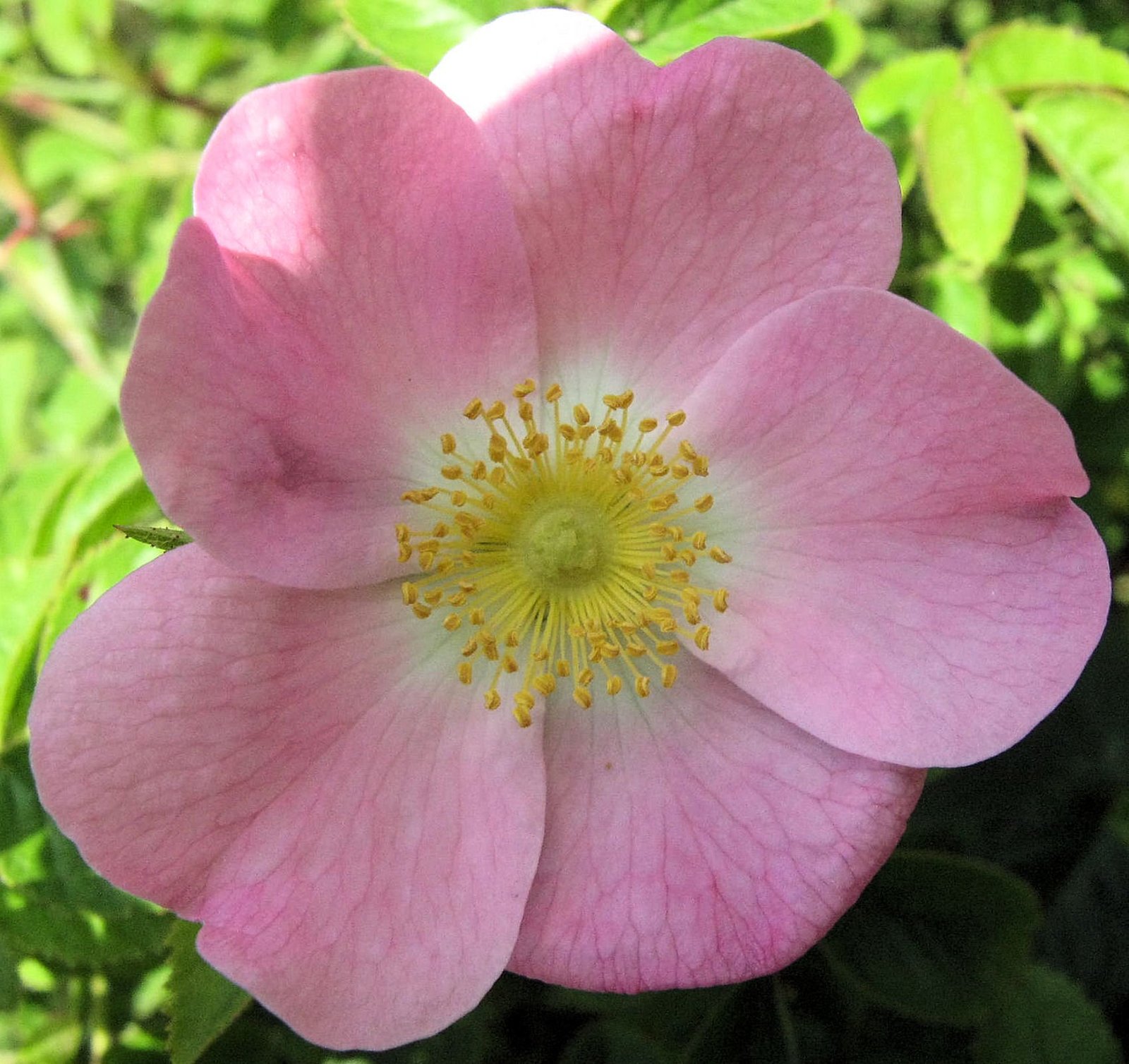Do Aspirin Benefits Outweigh the Drawbacks for Rose Care?

 , licensed under CC BY-SA 2.0
, licensed under CC BY-SA 2.0Aspirin, a common household item, has long been touted as a potential aid for rose care. But does the science back up these claims? Let’s explore the potential benefits and drawbacks of using aspirin in rose care.
What are the Benefits of Using Aspirin for Roses?

Boosting the Plant’s Immune System
Aspirin, which contains acetylsalicylic acid derived from salicylic acid, can potentially boost the plant’s immune system. Salicylic acid is known to help plants cope with stress, such as insect attacks, drought, or disease issues.
Accelerating Germination and Providing Resistance
Aspirin may help in accelerating germination and providing some resistance to disease and pests. However, this is more generally observed in plants like those in the nightshade family rather than specifically in roses.
Prolonging Cut Flower Lifespan
Some gardeners believe that aspirin can help keep cut flowers, including roses, living longer by blocking the plant’s release of a hormone that impels death after cutting.
What are the Drawbacks of Using Aspirin for Roses?
Ineffective for Preventing Callose Buildup
Aspirin does not prevent callose buildup in cut flowers, which is crucial for their longevity. Commercial preservatives or alternatives like 7-Up (containing sucrose and citric acid) are more effective for cut flowers.
Potential Plant Damage
Improper use of aspirin can lead to plant damage, such as brown spots and burnt foliage, especially if the solution is too concentrated. A recommended dosage is 1-2 aspirin tablets (250-500 milligrams) per gallon of water.
Short-term Benefits
Aspirin’s effects on plants are short-term and may not provide long-term benefits. Proper care, including consistent feeding, watering, and maintenance, is more effective for overall plant health.
What Do Scientific Studies and Experts Say?
While there are no specific studies focused solely on roses, some general research on plants provides insights:
- A study mentioned in the context of vegetable gardens found that salicylic acid (the active component in aspirin) enhanced the immune response in plants, helping them prepare for microbial or insect attacks. However, this was not specifically on roses.
- Expert opinions suggest that aspirin may have some benefits, but these are largely anecdotal and not backed by concrete evidence specific to roses. More research is needed to confirm its efficacy.
Conditions for Applying Aspirin to Roses
Timing and Frequency
- For optimal results, aspirin solutions should be applied early in the morning to allow the plant leaves to dry off before evening, reducing the risk of harming beneficial insects.
- The solution can be sprayed every three weeks throughout the growing season, as observed in a study on vegetable gardens.
Environmental Factors
- The effectiveness of aspirin can be influenced by the overall health and care of the plants. Factors such as consistent watering, feeding, and maintenance of the leaves and stems are crucial for better outcomes.
- Aspirin should be used in well-ventilated areas and on plants grown in healthy soil conditions, such as raised beds with drip irrigation and compost-rich soil.
In conclusion, while aspirin may have some potential benefits for rose care, the evidence is limited and the risks of improper use can outweigh the potential rewards. Proper rose care, including consistent watering, feeding, and maintenance, remains the most effective approach for maintaining healthy and thriving rose plants.
